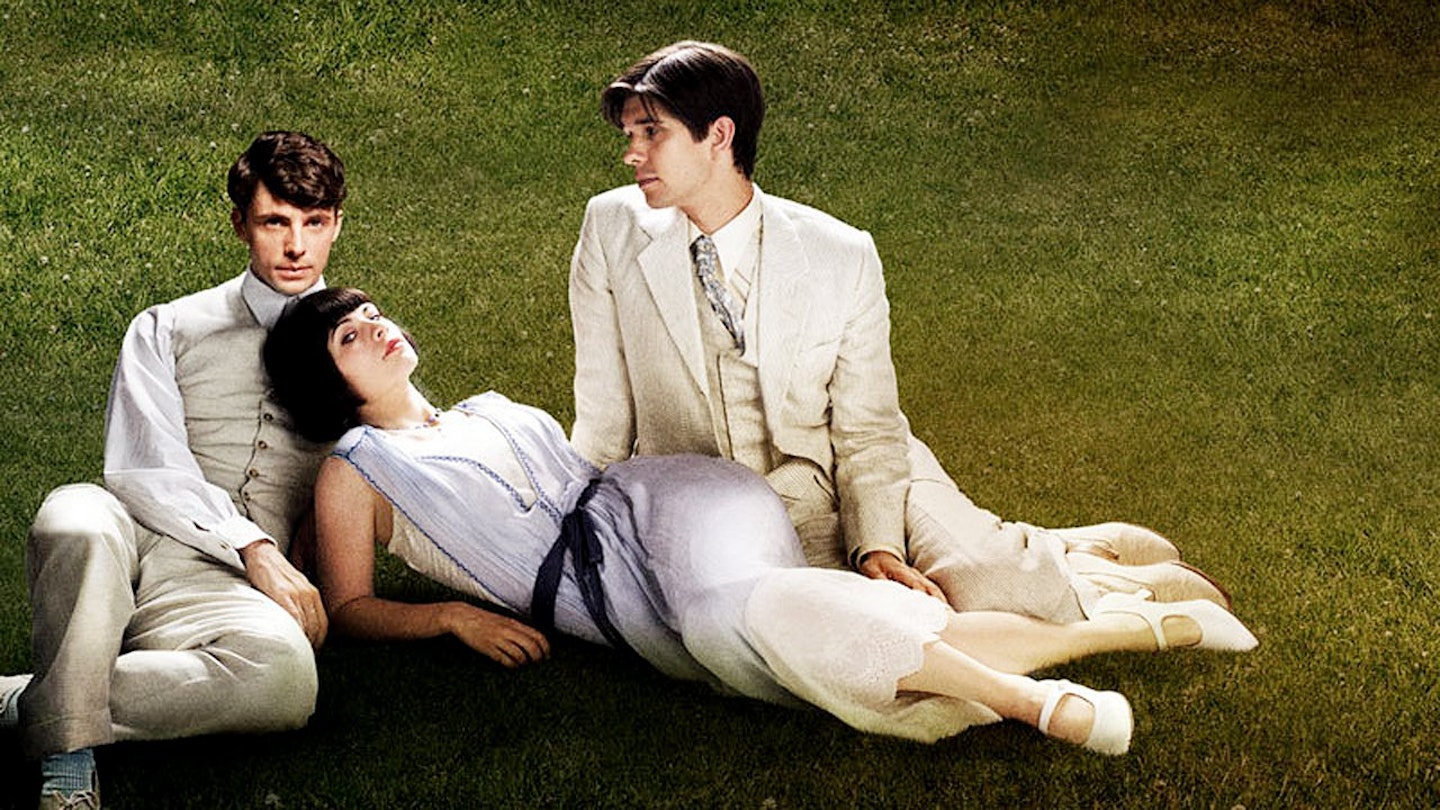Gosh! Wouldn’t it have been simply spiffing to go to Oxford between the Wars? One might think all they did was swill Champagne, without anyone thinking it anything but a great wheeze for a young toff to tote his teddy bear around eccentrically and vomit through people’s windows between punting and daintily unpeeling plovers’ eggs. This glimpse of a class obsessed bygone Blighty would be enough to make you join the Communist Party.
We’d like to say that those too young to recall the landmark 1980s TV serialisation of Evelyn Waugh’s biggest hit are in for a treat. We’d like to, but we couldn’t possibly. Waugh himself would be aghast at this adaptation, in which the narrator, Charles (Matthew Goode), looking back on his life-defining relationships with the inhabitants of Brideshead, seems mostly disappointed that he blew his big chance to hang his hat in the Flyte family’s ancestral pile. As scripted by Jeremy Brock and Andrew Davies, Waugh’s novel becomes episodic, flitting around its 20-year span somewhat confusingly. The through theme is reduced to the ever popular love triangle. Sebastian (Ben Whishaw) loves Charles. Charles loves Julia (Hayley Atwell). Julia is confused. Charles is happy to cavort about with Sebastian in cream linen or help him drain the wine cellar, but a tremulous kiss is a tad too gay for him. His fancy turns to Julia on an idyllic sojourn à trois in Venice, where the Brideshead tribe’s head reprobate, Lord Marchmain (Michael Gambon), is in luxurious exile with his mistress (Greta Scacchi). But Lady Marchmain (Emma Thompson) has other ideas for her daughter, and is determined that she must marry a fellow Catholic. Tears ensue.
Whishaw is one of the hottest young thespians around, but his unhappy Sebastian gets short shrift, while Goode’s Charles is poorly defined. Like her character, Thompson chews them up. After all these years and all her estimable achievements, Thompson still has something of the enthusiastic amateur about her. She pitches in heart and soul, but this time one never entirely believes it. Lady Marchmain is such a pill anyway, a bitter, suffocating mother whose distorted Catholicism is all about guilt, sacrifice, control. As for poor Julia, if we were Atwell we might have a hissy fit with those responsible for tricking her up to look like an extra from Cecil B. DeMille’s Cleopatra.
More seriously, the anti-Catholicism is at odds with devout convert Waugh’s declared intention, which absolutely was not to satirise religious fundamentalism but to proclaim the redemptive operation of God’s grace. After all, in the novel alcohol-ravaged Sebastian is left serenely gardening in a monastery, while Julia finds peace and pitches into good works. So better God than Charles, arguably. Waugh’s book also strongly suggests at the last, revisiting the old Brideshead chapel during the War, that Charles himself has turned to Catholicism. In the film it seems a darker fate awaits both the Flyte offspring, and that Charles is just miserable because he’s still the outsider whose grasping didn’t get him the girl and the gaffe of his dreams. Boo bloody hoo.


